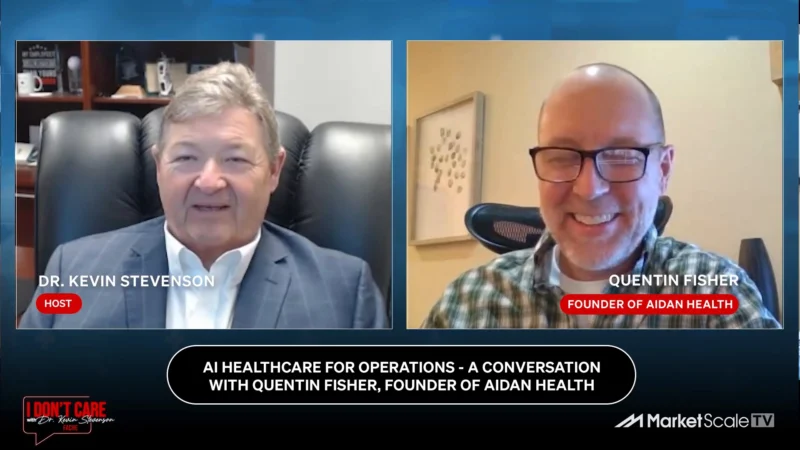Hospital Supply Chain Management: How to Find Scarce Equipment and Supplies
Securing essential medical supplies has become increasingly crucial in today’s healthcare environment. The COVID-19 pandemic starkly highlighted the vulnerabilities in hospital supply chains, making it evident that traditional procurement strategies need a significant overhaul. As hospitals continue to grapple with shortages, from syringes to specialized equipment, the discussion around resilient supply chains remains highly relevant.
What strategies can hospitals adopt to navigate these disruptions and ensure a steady supply of critical medical equipment?
In this episode of I Don’t Care, Dr. Kevin Stevenson hosts Jonathan Jarashow, CEO of OmniChannel Health. They explore the intricacies of hospital supply chain management, offering insights into finding scarce equipment and maintaining resilience in the face of disruptions.
Key points from the episode:
– Sourcing Niche Products: Jonathan Jarashow discusses the importance of identifying and filling gaps in the supply chain, particularly during times of crisis like the COVID-19 pandemic.
– Building Resilience: The conversation touches on the need for hospitals to develop resilient supply chains that can withstand disruptions, with practical advice on leveraging networks and maintaining flexibility.
– Navigating Supply Shortages: The episode covers real-world examples of how OmniChannel Health successfully navigated supply shortages by sourcing hard-to-find products such as syringes and medical pumps.
Jonathan Jarashow is the CEO of OmniChannel Health, specializing in sourcing hard-to-find medical and surgical products for hospitals, particularly during supply disruptions. A Harvard graduate who published the nation’s largest diabetes magazine for over two decades, Jonathan transitioned his expertise into healthcare supply chain management, building strong industry relationships. His company is known for its agility in providing original medical supplies, helping hospitals avoid the pitfalls of substitute products.
Article written by MarketScale.




